Volume 23: July 2020 Archive of CO2 Science Postings
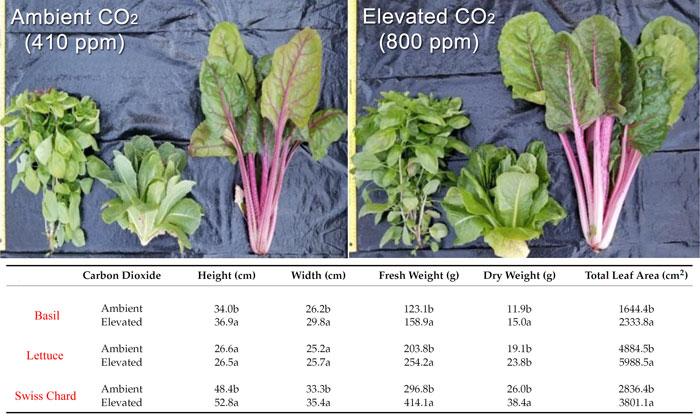
The Effects of CO2 on the Growth and Mineral Concentration of Three Leafy Greens (31 July 2020)
Under hydroponically-grown conditions, basil, lettuce and Swiss chard experienced dry weight gains of 26%, 25% and 48%, respectively, in response to a 390 ppm increase in atmospheric CO2. Various plant mineral concentrations remained mostly unaffected...


Plant Growth Database (30 July 2020)
Our latest result of plant growth responses to atmospheric CO2 enrichment obtained from experiments described in the peer-reviewed scientific literature is for Grapevine (Wohlfahrt et al., 2018). To access the entire database, click here.
 A Field-based Analysis on the Impacts of Ocean Acidification on Pacific Oyster Reproduction (29 July 2020)
A Field-based Analysis on the Impacts of Ocean Acidification on Pacific Oyster Reproduction (29 July 2020)Policy makers should not place too much faith in findings attained from laboratory-based studies on the subject of ocean acidification. In the real world, what might appear to be a problem in the laboratory is often of little or no consequence in nature...


Plant Growth Database (28 July 2020)
Our latest result of plant growth responses to atmospheric CO2 enrichment obtained from experiments described in the peer-reviewed scientific literature is for Moso Bamboo (Zhuang et al., 2018). To access the entire database, click here.
 Elevated CO2 Improves the Growth and Nitrogen Uptake Efficiency of Cucumber (27 July 2020)
Elevated CO2 Improves the Growth and Nitrogen Uptake Efficiency of Cucumber (27 July 2020)Higher levels of atmospheric CO2 stimulated the growth of cucumber, improved its nitrogen uptake efficiency and helped to lessen the negative impacts of soil degradation caused by years of excessive nitrogen application...


A Five-decade Analysis of Tropical Cyclone Trends in the South China Sea (24 July 2020)
Despite model-based assertions of climate alarmists, who claim that pretty much every hurricane today is caused or made worse by CO2-induced global warming, actual data reveal this is most certainly not the case....


Plant Growth Database (23 July 2020)
Our latest result of plant growth responses to atmospheric CO2 enrichment obtained from experiments described in the peer-reviewed scientific literature is for Rice (Wang et al., 2019). To access the entire database, click here.

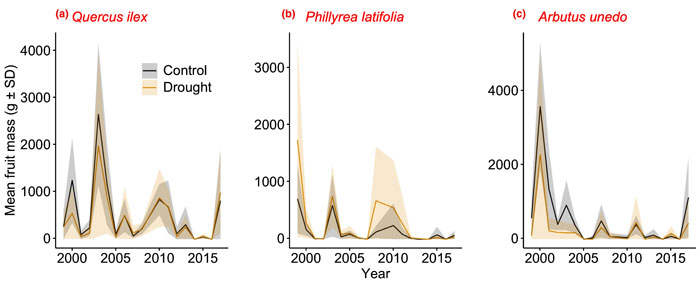
The Reproductive Response of a Holm Oak Forest to Long-term Drought (22 July 2020)
An 18-yr artificially-induced drought had no effect of the fecundity of three key tree species, which is great news for Holm oak forest stability, especially if they ever do experience the model-based predictions of increasing drought in the future...

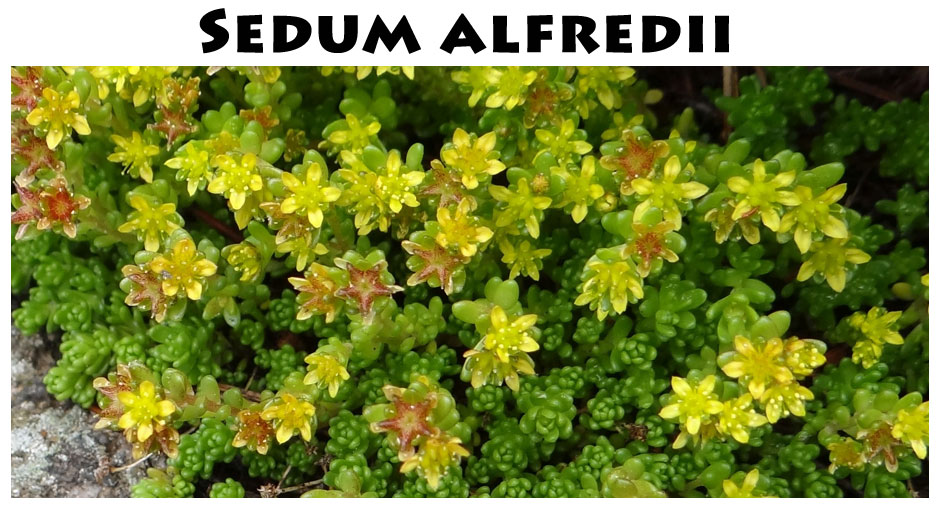
Plant Growth Database (21 July 2020)
Our latest result of plant growth responses to atmospheric CO2 enrichment obtained from experiments described in the peer-reviewed scientific literature is for Asian Herb (Wu et al., 2018). To access the entire database, click here.
 Tolerance of a Key Arctic Krill Species to Ocean Acidification (20 July 2020)
Tolerance of a Key Arctic Krill Species to Ocean Acidification (20 July 2020)It appears that an important krill species will have no problem maintaining its key ecosystem role under any of the future ocean acidification scenarios projected for the Arctic...
 CO2 Enrichment Alleviates the Disease Severity of a Rice Pathogen (17 July 2020)
CO2 Enrichment Alleviates the Disease Severity of a Rice Pathogen (17 July 2020)Positive CO2-induced changes in leaf morphological traits and carbohydrate accumulation are welcomed news in the future battle over brown spot disease in rice. As the air's CO2 rises, the negative impacts of this disease will be reduced, translating into higher grain yields to feed an increasing world population...


Plant Growth Database (16 July 2020)
Our latest result of plant growth responses to atmospheric CO2 enrichment obtained from experiments described in the peer-reviewed scientific literature is for Wheat (Chavan et al., 2019). To access the entire database, click here.

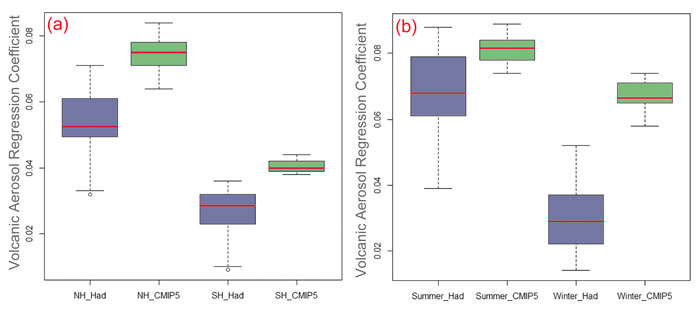
Analyzing Observed vs CMIP5 Model Simulations of Global Temperature (15 July 2020)
A new analysis reveals current state-of-the-art models overestimate the impact of volcanic aerosols and significantly underestimate the effect of natural solar variability on global temperatures...

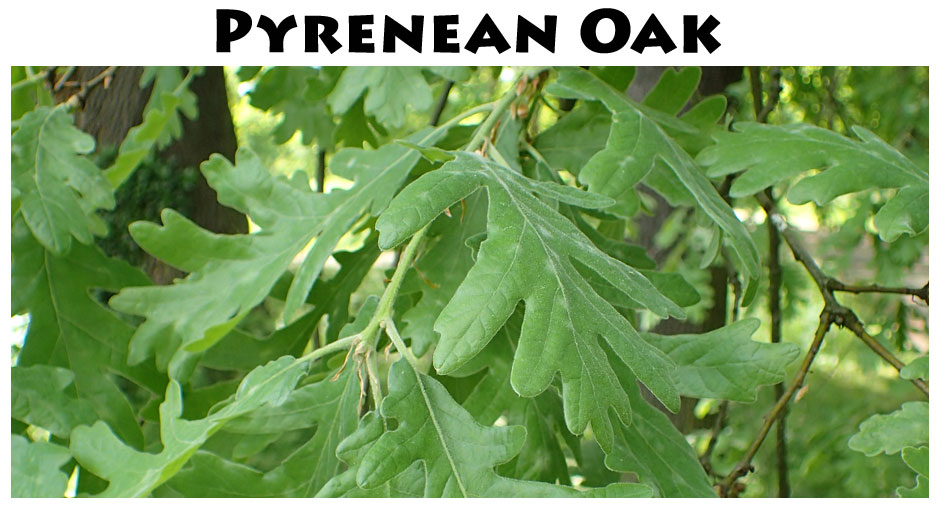
Plant Growth Database (14 July 2020)
Our latest result of plant growth responses to atmospheric CO2 enrichment obtained from experiments described in the peer-reviewed scientific literature is for Pyrenean Oak (Aranda et al., 2020). To access the entire database, click here.

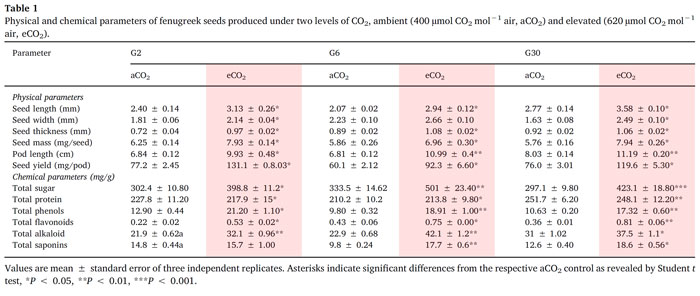
Pharmaceutical Value of Fenugreek Seeds is Enhanced Under Elevated CO2 (13 July 2020)
Encouraging findings in this study demonstrate that not only can rising atmospheric CO2 improve the production of agricultural, but its medicinal or pharmaceutical value as well...

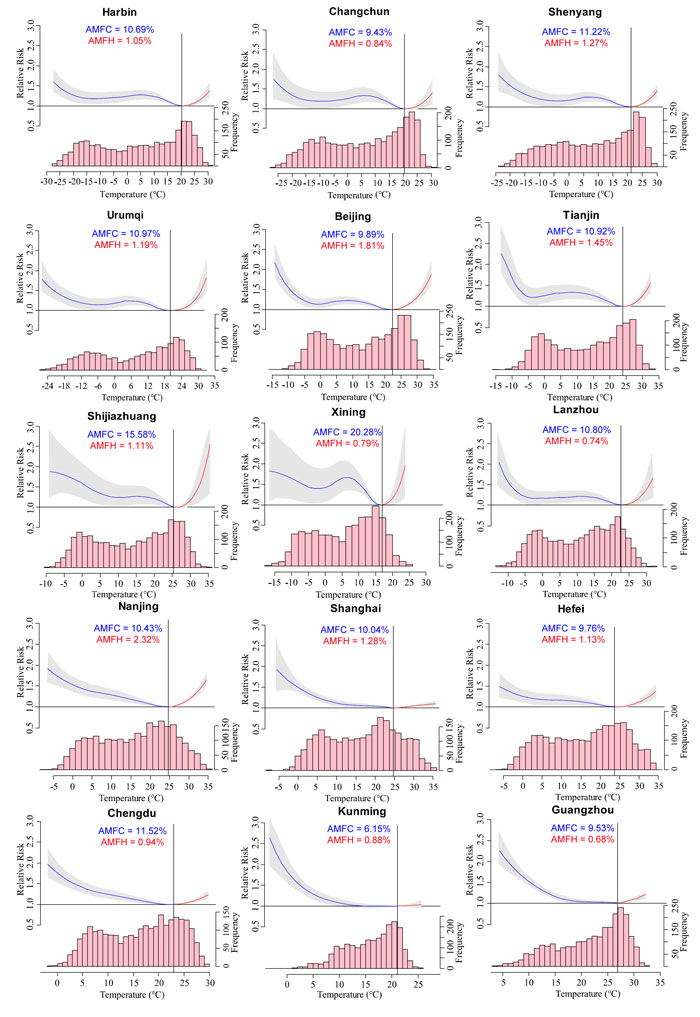
Exploration of Temperature-related Human Mortality in China (10 July 2020)
Analysis of data from 15 major Chinese cities reveals the attributable mortality fraction due to cold weather is nine times greater than that due to warm weather...

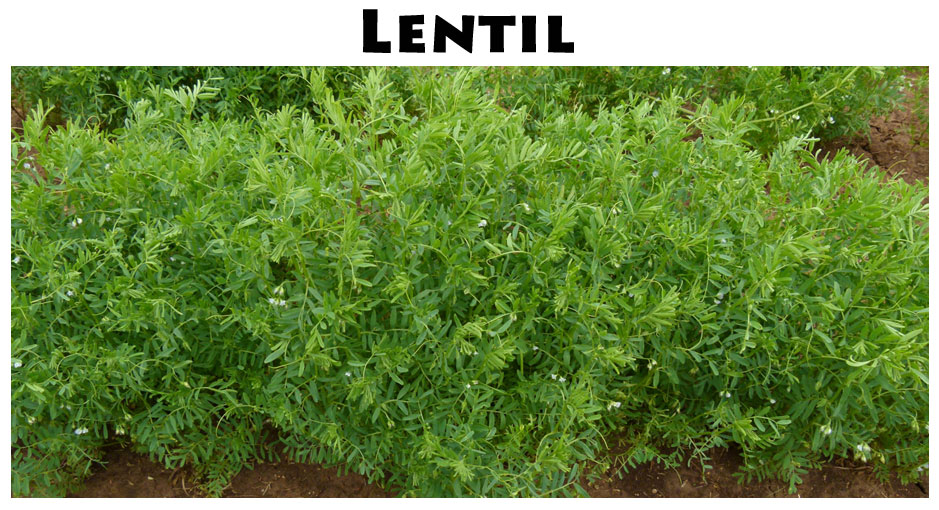
Plant Growth Database (9 July 2020)
Our latest result of plant growth responses to atmospheric CO2 enrichment obtained from experiments described in the peer-reviewed scientific literature is for Lentil (Parvin et al., 2019). To access the entire database, click here.


Three Decades of Vegetation Change on Banks Island, Canada (8 July 2020)
How did plants in this far north region respond to rising temperatures and increasing atmospheric CO2 concentrations during the period 1984-2014? Did they suffer and decline as climate alarmists claim should have happened? Read on to find out...


Plant Growth Database (7 July 2020)
Our latest result of plant growth responses to atmospheric CO2 enrichment obtained from experiments described in the peer-reviewed scientific literature is for Bamboo (Zhuang et al., 2018). To access the entire database, click here.

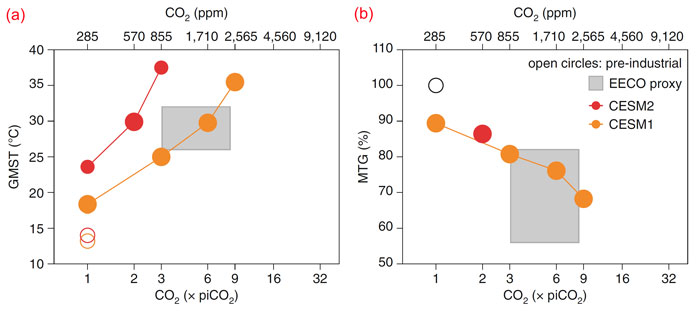
Equilibrium Climate Sensitivity is Over-estimated in a Key CMIP6 Model (6 July 2020)
The latest version of a key CMIP6 climate model is demonstrated to perform worse than its predecessor in estimating the long-term warming response to higher levels of CO2 during the early Eocene climate optimum...
 Fish Diversity is Unaffected by Ocean Acidification at a Natural CO2 Vent Site (3 July 2020)
Fish Diversity is Unaffected by Ocean Acidification at a Natural CO2 Vent Site (3 July 2020)Researchers report that "nekton-benthic fish assemblages from CO2 vents seem to be able to cope with ocean acidification under the CO2 emission scenarios forecasted for the end of the century, by forming well-structured fish assemblages." Continuing, they say "because of their behavioral and physiological features (mobile habitus, capacity of acid-base regulation) and indirect effects at CO2 vents (i.e., greater food availability), fish can balance the potential higher energetic cost to live under high pCO2/low pH environments without major changes in community structure." And that finding is great news and shows predictions of widespread fish decline and even extinction due to rising atmospheric CO2 are wildly incorrect...

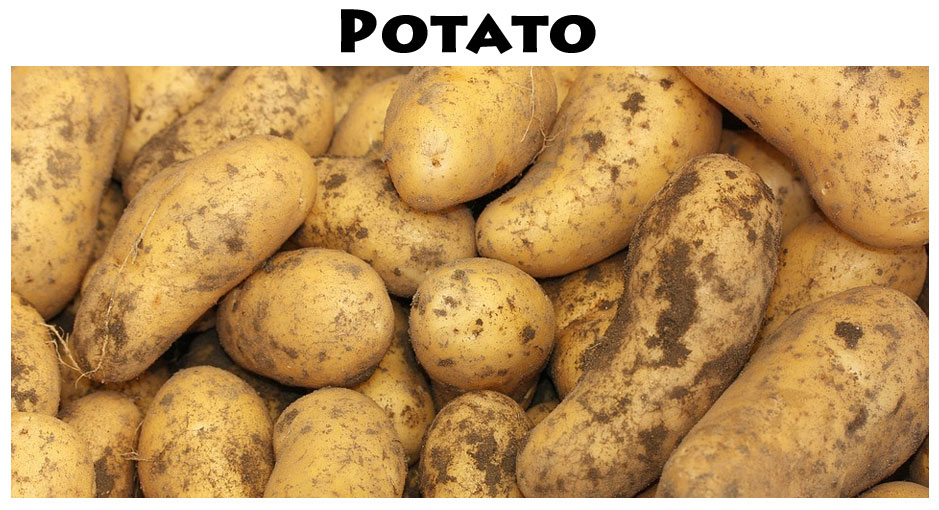
Plant Growth Database (2 July 2020)
Our latest result of plant growth responses to atmospheric CO2 enrichment obtained from experiments described in the peer-reviewed scientific literature is for Potato (Ahmadi Lahijani et al., 2019). To access the entire database, click here.
 A CO2-induced Herbivory Decline of the Corn Leaf Aphid on Barley (1 July 2020)
A CO2-induced Herbivory Decline of the Corn Leaf Aphid on Barley (1 July 2020)Aphids feeding on elevated CO2-grown barley seedlings experienced "significantly decreased body weight, fecundity, and intrinsic rate of population increase, which may result in decreased population abundance under elevated atmospheric CO2"...





